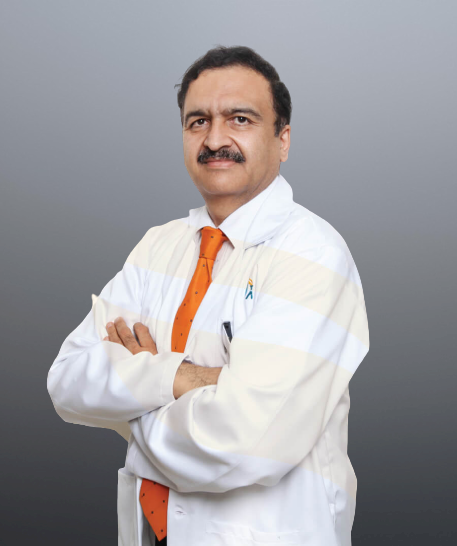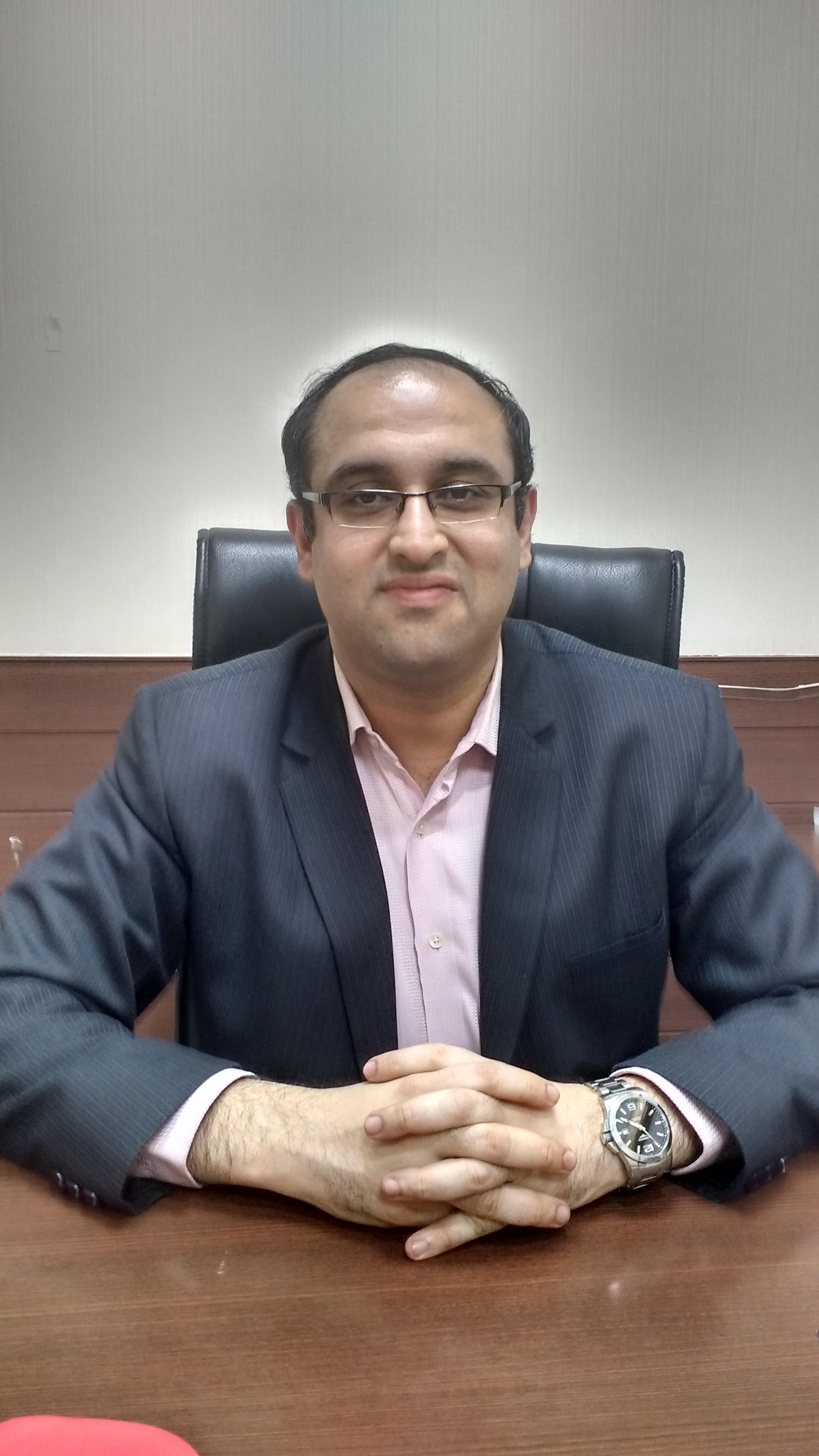Best Doctors for Vertigo in Delhi
Vertigo is a type of dizziness where a person feels as though they or the objects around them are spinning or moving when they are not. It’s often a symptom of various underlying conditions predominantly related to the inner ear or brain’s balance centres. Common causes of vertigo include Meniere’s disease, benign paroxysmal positional vertigo (BPPV), vestibular neuritis, and labyrinthitis. The risk of developing vertigo tends to increase due to factors such as head injuries, family history of vertigo, certain genetic disorders, prolonged bed rest, and certain lifestyle conditions like diabetes, high blood pressure, and smoking.
The fast-paced lifestyle and sedentary living in Delhi have led to an increase in smoking, diabetes, and hypertension, which makes the residents susceptible to the risk of developing vertigo. Thankfully, residents have access to some of the best Vertigo Specialists in the city at Apollo Hospitals Delhi. The doctors for vertigo treatment at Apollo Hospitals Delhi, are committed to providing personalised treatment for patients suffering from this condition.









 Call Now
Call Now







